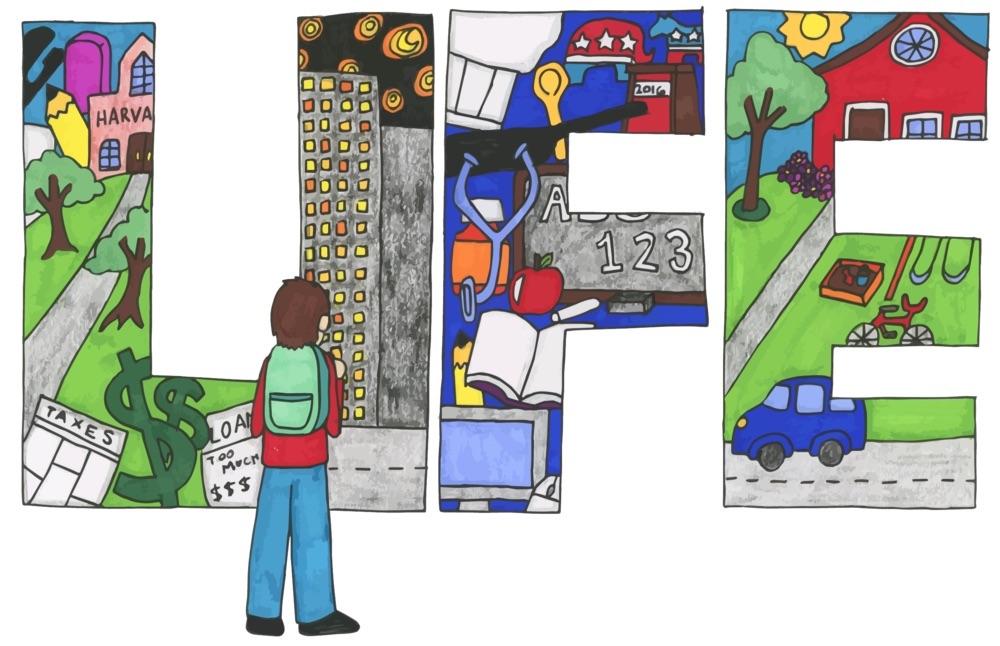The television industry amasses billions of dollars in revenue each year, while simultaneously warping the public’s perception of reality. Television shows, while captivating in nature, tend to present exaggerated ideals, leading to drastic discrepancies between perceived and real.
Television’s portrayal of reality does a significant disservice to us in terms of exposure. For example, a lack of exposure to a certain race can make one vulnerable to believing television’s depiction of it. In terms of incarceration, this holds true. African Americans are four times as likely to be depicted as criminals instead of portrayed as police officers on television. The presentation is inconsistent with the U.S. Department of Labor and Statistics, according to the Journal of Broadcasting and Electronic Media.
Another aspect of television that leads to the discrepancy is the portrayal of violence. Crime occurs on television 10 times more than in real life and leads to a fear of victimization, according to psmag.com.
While it is beneficial to be cautious, such fear is a disadvantage because it limits the activities that one feels safe conducting.
In addition, relationships are misrepresented. Television leads us to believe that relationships are more turbulent than in actuality, featuring high divorce rates, excessive cheating and multiple partners.
While these are valid issues, television takes them to the extreme, according to psmag.com. Doing so leads to excessive distrust and fear of relationships, which hinders our actual relationships and our ability to take risks with others.
Women are typically misrepresented on television when it comes to roles. Television often fails to capture progression, depicting women in gender-stereotypical roles.
Less than 20 percent of TV’s married women with children work outside of the home, according to Modern Mythmaker. However, that number is more than 50 percent in real life. The negative portrayal promotes stereotypes as the standard, perpetuating inequalities and leading to a general lack of progression awareness.
The issue boils down to digesting what television is feeding us. It’s important to be wise in all areas of media consumption, basic television included.
While important due to entertainment value, television pushes us over the edge of extreme and leads us to draw untrue conclusions about the world.
Television seeks to portray reality, yet it recreates it. Immersing oneself in the all-encompassing realm of television is often soothing; however, it can be detrimental. It’s important to take television with a grain of salt and realize that life is not as extreme as television would lead us to believe.
Contact Remi Omodara at romodara14@my.whitworth.edu









 Spokane?
Spokane?